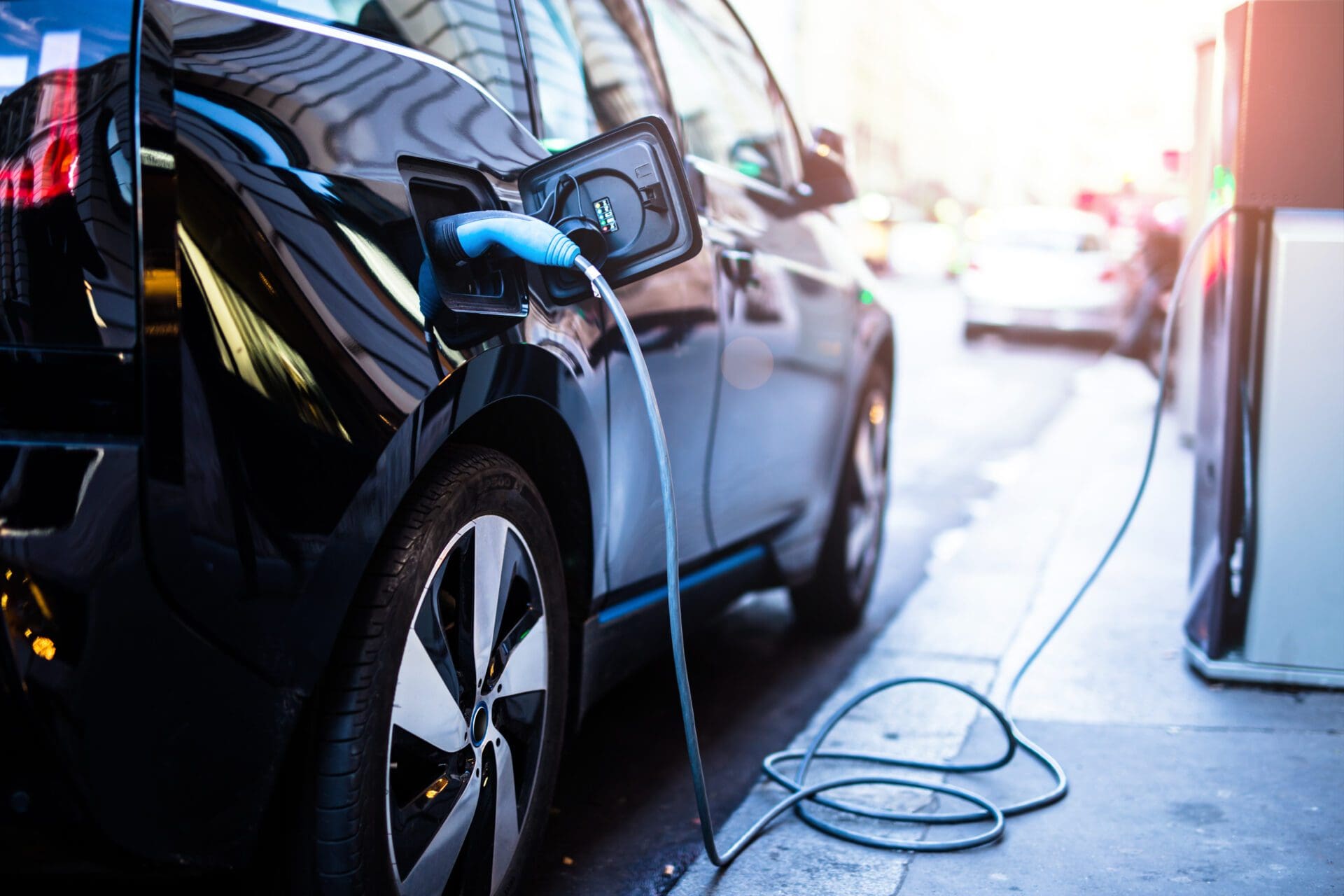The Issues
Even while several European governments are working to promote the purchase of electric vehicles in their respective countries, rising electricity costs seem to be deterring an increasing number of people from buying EVs. And those who already have an electric car may be faced with difficulties charging it. Due to the scarce supply of electricity in some parts of Europe, charging electric vehicles may be prohibited. In the event of an electricity shortage, Switzerland, for instance, has created a four-level action plan, with level three governing the use of electric vehicles.
Volkswagen and its battery company PowerCo, which started building a facility in Germany in July and signed a three-billion-euro joint venture with Umicore in September for the production of cathode material, both have plans to have six battery factories operating across Europe by 2030. However, Thomas Schafer, CEO of the Volkswagen Group, told the Times that if ‘the region’s policy makers fail to control ballooning energy prices in the long term,’ investment in German and EU industrial initiatives, such as battery cell factories, will become impossible. He emphasized that ‘investments in energy-intensive production or new battery cell factories in Germany and the EU will be practically unviable unless we manage to reduce energy prices in Germany and Europe quickly and reliably.’ As a result, he continued, these investments will be made elsewhere.
Combustion Engines Burn Out
As Hungarian Conservative also reported, the European Union decided to prohibit the sale of new vehicles with traditional internal combustion engines beginning in 2035. The regulation is part of the bloc’s initiatives to reduce EU-wide transportation emissions to as low a level as possible. In accordance with the EU package of anti-climate change measures, emissions must be cut by 55 per cent compared to 1990s levels by 2030, and climate neutrality must be reached by 2050. But many nations, notably Italy, Poland, Austria, and Germany, have criticized the decision because they worry that it would result in the loss of tens of thousands of jobs and the collapse of the European auto sector.
The endeavour to replace internal combustion engines has come under fire for other reasons as well. The heavy use of resources, particularly for automotive batteries, where costs are being driven up by growing raw material prices, is a major problem. Electric vehicle charging is another issue, with many locations lacking sufficient grid capacity and electricity production to sustain charging points. In addition, producing extra electricity is turning into a luxury in Europe, with the cost of raw materials steeply rising as cheaper Russian gas is replaced with more expensive western LNG.
This demonstrates unequivocally that investing in European production facilities is becoming less profitable for the industry and that buying electric cars is becoming less appealing to consumers. Despite these trends, the purchase of electric vehicles in Hungary has skyrocketed in the past few years. With the government granting extensive subsidies to families and consumers to enable them to buy new cars, many of them choose electric vehicles. Another factor driving up the numbers in Hungary has been the large-scale investments in charging stations around the country, allowing those owning EVs to expand their horizons while driving fully electric.







